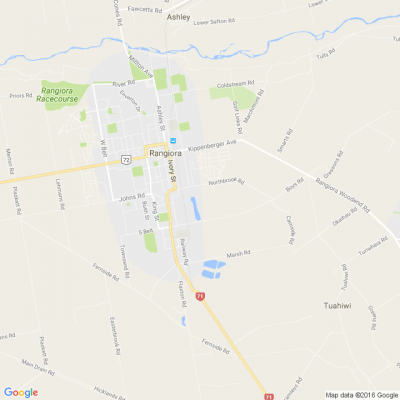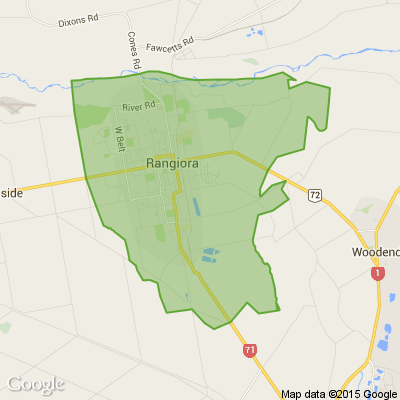Lack of regulations hamper councils
By David Hill, Local Democracy Reporter
A lack of regulation makes it difficult for councils to manage their weed spraying programmes, Environment Canterbury (ECan) science director Dr Tim Davie says.
Responding to concerns raised by Kaiapoi resident Michael Bate, Davie said the Parliamentary Commissioner for the Environment and the Environmental Protection Authority (EPA) lacked the necessary clout to offer guidance to councils.
Bate tabled two Radio New Zealand articles from last year, at a Waimakariri Zone Committee meeting last week about the lack of mechanisms to govern chemical use.
‘‘The EPA, as it stands, is meant to have oversight around chemical use, but there’s very little legislative requirements and there’s no requirement to report it,’’ Davie said.
‘‘If the EPA had a mandate and was properly funded we would have standards to respond to.’’
Parliamentary Commissioner for the Environment Simon Upton presented a report to Parliament last year raising concerns about the regulations around chemical use.
The report identified consequences such as lakes overloaded with zinc, too much antibiotics in wastewater and harm to bees from insecticide-dipped seeds.
It recommended expanding the EPA’s powers to require more data to be collected from chemical importers, manufacturers and sellers.
But more funding was needed.
Davie said it was important for the PCE to highlight those issues.
‘‘But he can’t enforce it and the government hasn’t responded.’’
ECan managed 59 river rating and drainage districts.
Weed management was essential to keep communities safe from flood risks and to protect biodiversity.
Waterways were vulnerable to infestations of exotic pest plant species which choked braided rivers and restricted natural functions.
Davie said spraying was ‘‘the nasty compromise’’ to manage weeds and the spread of gorse around riverbeds.
Glyphosate was widely used in New Zealand and other countries as a general-purpose herbicide and was considered safe by the EPA.
‘‘In an ideal world we would rather not spray,’’ Davie said.
‘‘Glyphosate is a spray which is reasonably short lived. It is a compromise and it is a really difficult thing to manage.’’
The Waimakariri District Council is preparing a report on spraying practices and chemicals used in the district.
■ Waimakariri Zone Committee chairperson Michael Blackwell and deputy chairperson Arapata Reuben both stepped down at last week’s meeting.
Carolyne Latham was elected chairperson, with Erin Harvie elected deputy chairperson.
Former Rangiora High School student Ruby Gill-Clifford was appointed as a youth rep to the zone committee.
Ruby served three years on ECan’s Youth Rōpū and was deputy chairperson last year.
She is studying for a science degree at Canterbury University.
*Public Interest Journalism funded through NZ On Air

Today’s Mind-Bender is the Last of the Year! Can You Guess It Before Everyone Else? 🌟🎁🌲
I dance in the sky with green and gold, a spectacle few are lucky to behold; I’m best seen in the south, a celestial sight—what am I, lighting up the New Zealand night?
Do you think you know the answer? Simply 'Like' this post and we'll post the answer in the comments below at 2pm on the day!
Want to stop seeing these in your newsfeed? No worries! Simply head here and click once on the Following button.

Christmas Spirit
Went to New World Christmas Eve brought some groceries and as I went to pay a
very kind Lady behind me in the queue reached out and paid for my purchase.
The world still has some wonderful people in it even in these troubled times.








 Loading…
Loading…